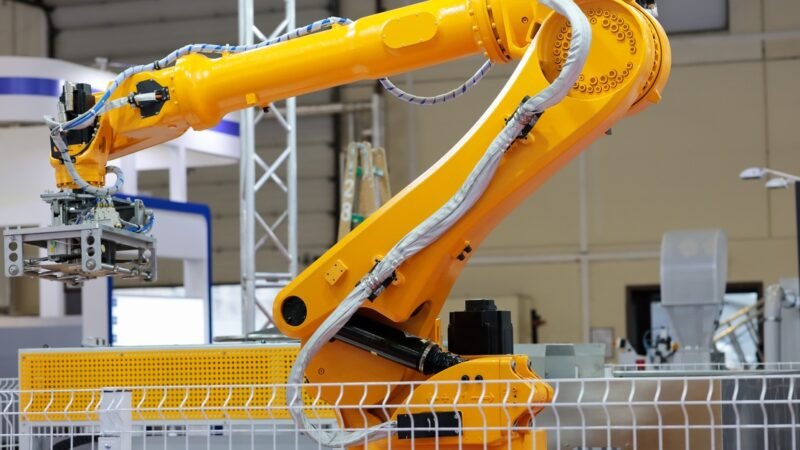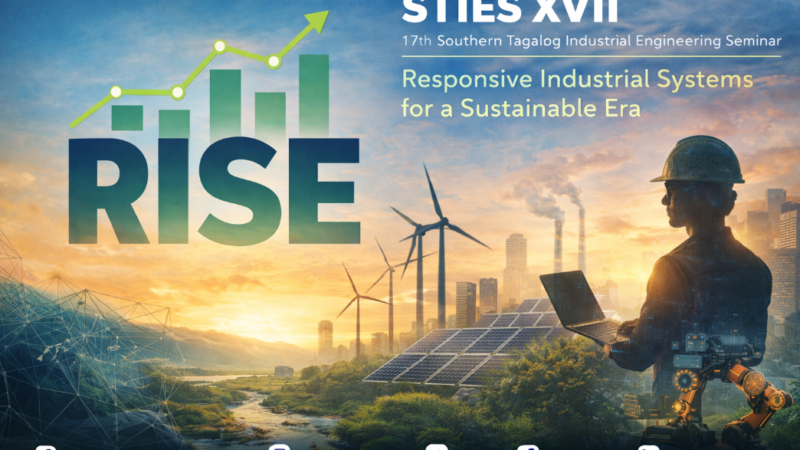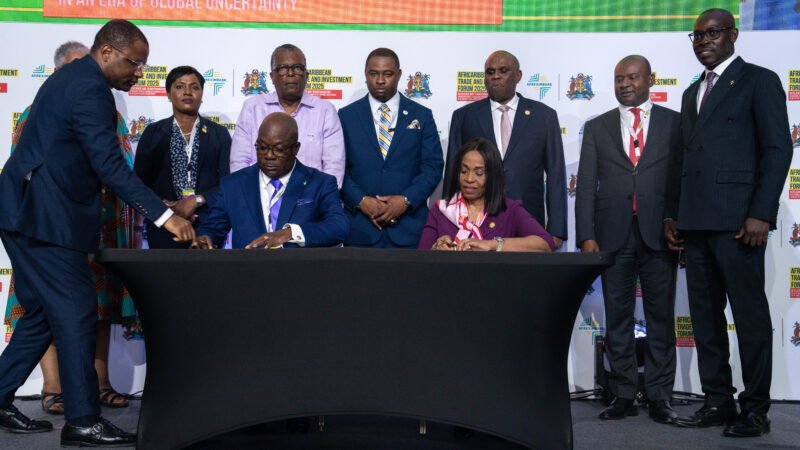Gov’t-led COVID recovery plans must lead us to ‘better normal’
Focus must be on climate action and vulnerable sectors – Greenpeace
Greenpeace Philippines today called on the government to ensure that climate action and vulnerable sectors are at the core of its stimulus plans. The call came as Typhoon Ambo sends tens of thousands of Filipinos whose lives and livelihoods are already affected by COVID-19—reeling from heavy rains and strong winds. Typhoon Ambo is the first tropical storm to hit the country this year following an intense dry season that saw record high temperatures. The typhoon arrives as Congress deliberates several bills to respond to the economic impacts of the pandemic.
“The ‘new normal’ is supposed to make our communities more liveable after the pandemic, but even when the COVID19 crisis ends, Filipinos’ livelihoods, health, access to basic needs, and safety will remain threatened by more intense and frequent typhoons, droughts, and rising sea levels. The government must use this opportunity to transition to a ‘better normal’ that will integrate the solutions to both crises into a coherent response.” Greenpeace Campaigner Virginia Benosa-Llorin said.
At present, trillions are earmarked for infrastructure projects and to support a private sector “recovery” phase in order to “restart” the economy. There is a real danger that governments and industries could reinvest in a business-as-usual scenario, including more dirty investments, and will exacerbate inequitable socio-economic conditions by developing private-for-profit services that neglect the needs, concerns and rights of women, indigenous peoples, workers and marginalized communities.
Greenpeace believes that instead of going back to old business-as-usual systems that have created the climate crisis and massive inequality, any recovery plan must aim to transform our economy and society to tackle the climate crisis and promote positive environmental and health outcomes. All infrastructure investments must be climate and community responsive, while urgently managing a phase-out of fossil fuel-dependent energy generation and infrastructure. Doing so will help build resilience against future pandemics and climate emergencies, and ensure a society that puts the well-being of people and the environment on which their well-being depends, first.
Concretely, this means, among others, that 1) infrastructure initiatives moving forward must exclude all fossil fuel, nuclear, large hydro and similarly destructive power plants; and 2) no financial incentives, subsidies, bail-outs or enabling policy measures allowing for, or leading to, further expansion of fossil fuel exploration, extraction and intensive use, including industrial agriculture and fisheries market shares. Instead, money for recovery must go to the most vulnerable sectors which need it most, as well as systems that will lead us to a carbon-free society, such as decentralized RE, efficient and inclusive mass public transport, and shortened value chains that connect farmers and fisherfolk to people in cities.
“Most vulnerable communities, such as farmers of fisherfolk, deal with disruption of livelihood opportunities year-round due to typhoons and droughts. COVID-19 is a threat multiplier for them. This is why the government must put them at the center of recovery plans and ensure that all projects and initiatives being planned right now reshape the economy and society to lead us to a better normal,” Llorin added.



